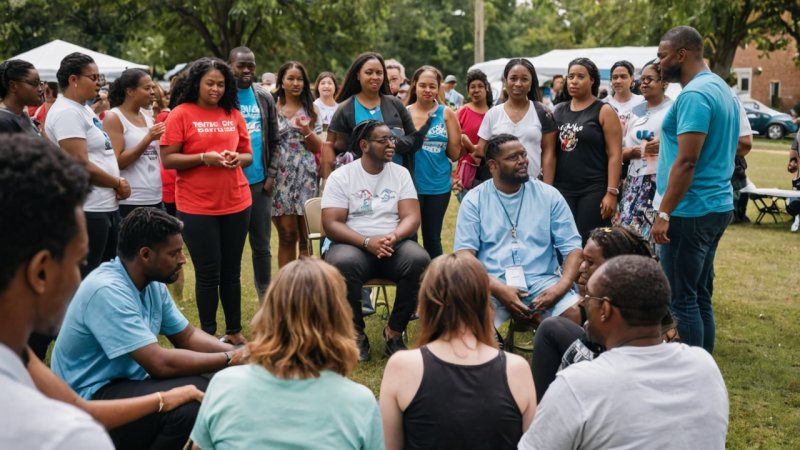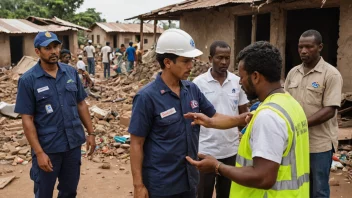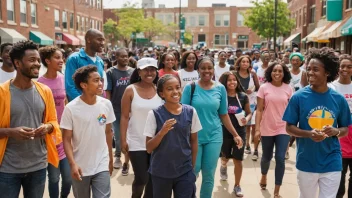What is mental health awareness?
Mental health awareness refers to the understanding and recognition of mental health issues, their impact on individuals and communities, and the importance of mental well-being. It involves educating the public about mental health conditions, reducing stigma, and encouraging supportive environments for those affected.
Why is mental health awareness important in community development?
Mental health awareness is crucial in community development as it fosters a culture of understanding and support. By addressing mental health issues, communities can improve overall well-being, enhance social cohesion, and empower individuals to participate fully in community life. It also helps in identifying and addressing barriers to mental health services.
How can individuals promote mental health awareness in their communities?
- Educate Yourself: Learn about mental health issues and the resources available in your area.
- Engage in Conversations: Talk openly about mental health to help reduce stigma and encourage others to share their experiences.
- Support Local Initiatives: Get involved with local organizations that focus on mental health education and support.
- Organize Events: Host workshops, seminars, or community discussions focused on mental health topics.
- Advocate for Resources: Push for the allocation of resources and funding for mental health services in your community.
What are some common mental health issues that community members might face?
Common mental health issues include:
- Anxiety Disorders: These include generalized anxiety disorder, panic disorder, and social anxiety disorder.
- Depression: A prevalent condition that affects mood, energy levels, and daily functioning.
- Post-Traumatic Stress Disorder (PTSD): Often experienced by those who have gone through traumatic events.
- Substance Abuse Disorders: Conditions that can co-occur with other mental health issues.
- Schizophrenia: A serious mental disorder that affects how a person thinks, feels, and behaves.
How can community leaders address mental health in their plans?
Community leaders can address mental health by:
- Incorporating Mental Health in Policies: Ensure mental health considerations are included in community development plans.
- Creating Safe Spaces: Develop environments where community members feel safe to discuss mental health issues.
- Training Staff: Provide training for community workers on mental health awareness and first aid.
- Promoting Collaboration: Foster partnerships with mental health professionals and organizations.
- Evaluating Community Needs: Conduct assessments to understand the mental health needs of the community.
What role does stigma play in mental health issues?
Stigma surrounding mental health can deter individuals from seeking help, perpetuating a cycle of suffering. It can lead to isolation, discrimination, and inadequate support. Addressing stigma through education and open dialogue is essential to creating a supportive community environment.
How can technology be used to promote mental health awareness?
Technology can play a significant role in promoting mental health awareness by:
- Online Resources: Providing access to information and support through websites and apps.
- Social Media Campaigns: Utilizing platforms to spread awareness and share personal stories.
- Virtual Support Groups: Creating online communities for individuals to connect and share experiences.
- Teletherapy Services: Offering mental health services remotely, making them more accessible.
What are some resources for individuals seeking help with mental health issues?
Resources include:
- Local Mental Health Clinics: Often provide counseling and support services.
- Hotlines: National and local helplines for immediate assistance.
- Support Groups: Community-based groups that provide peer support.
- Online Platforms: Websites offering information, forums, and virtual therapy options.
In conclusion, promoting mental health awareness is an essential component of community development. By educating ourselves, engaging in conversations, and supporting local initiatives, we can foster a more inclusive and supportive environment for all. Together, we can make a difference in the lives of individuals facing mental health challenges.






